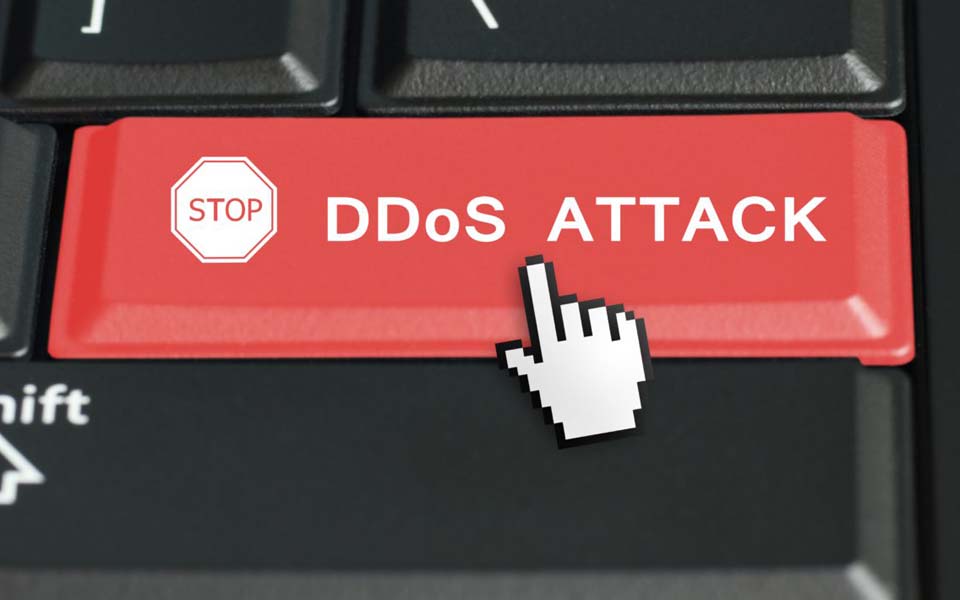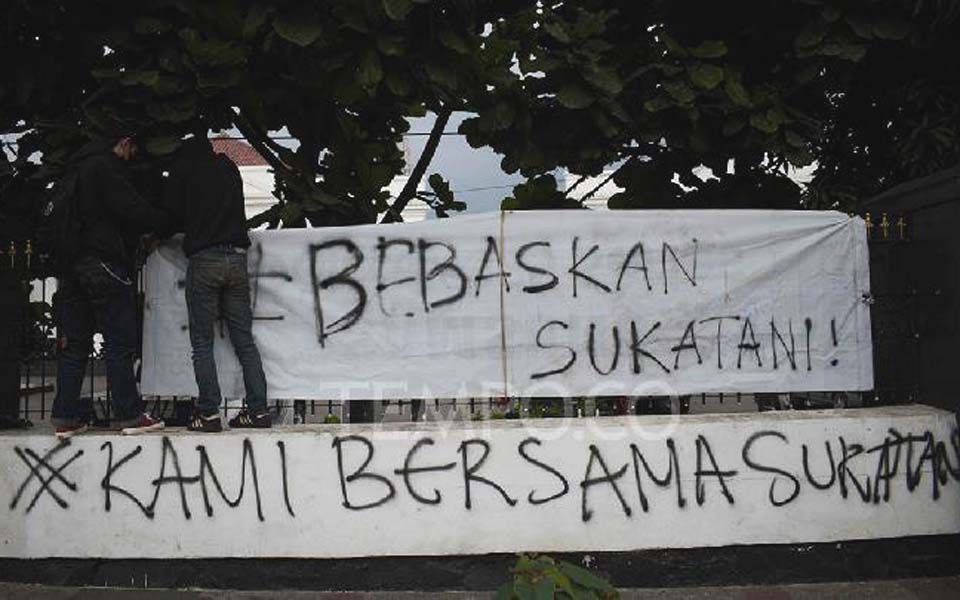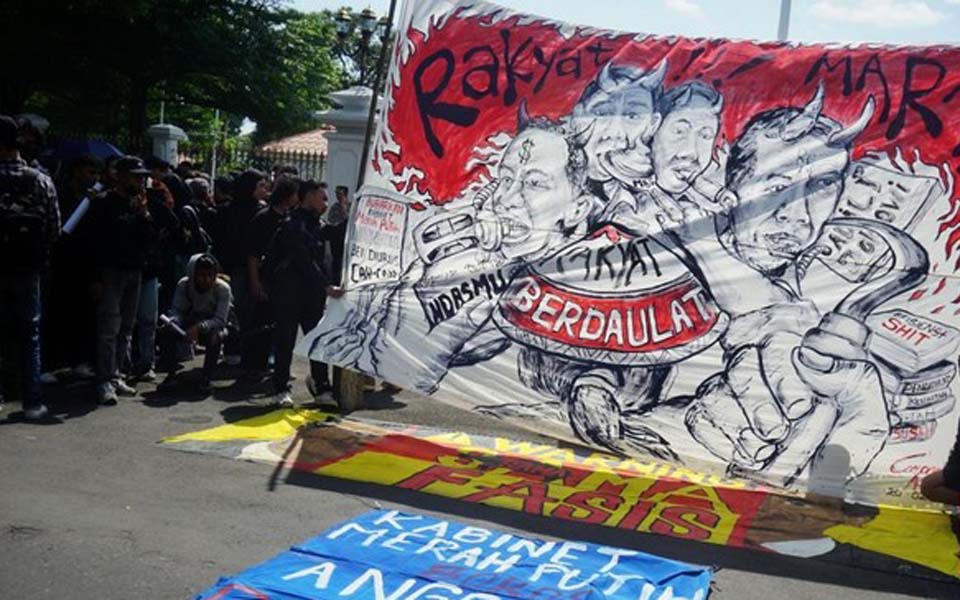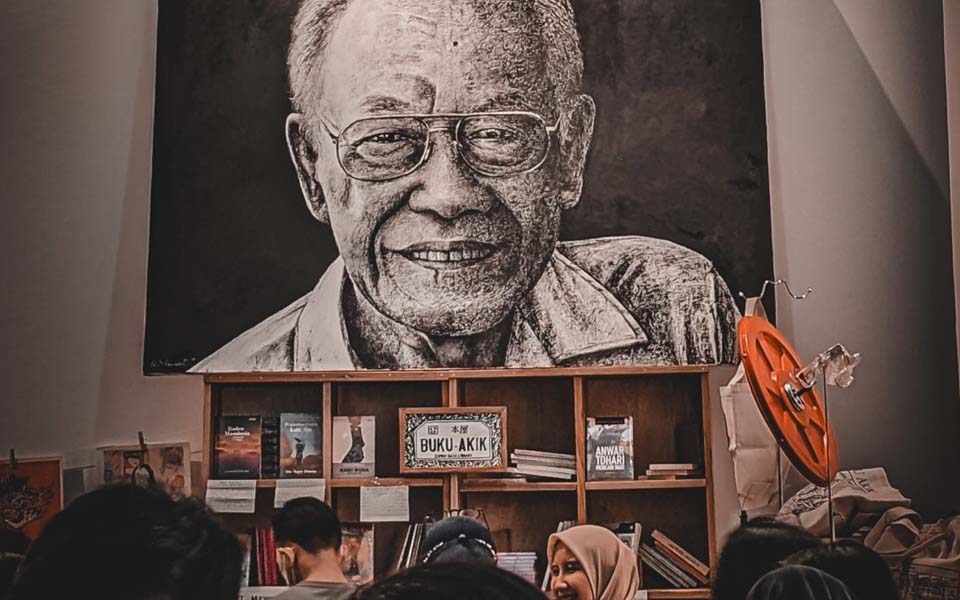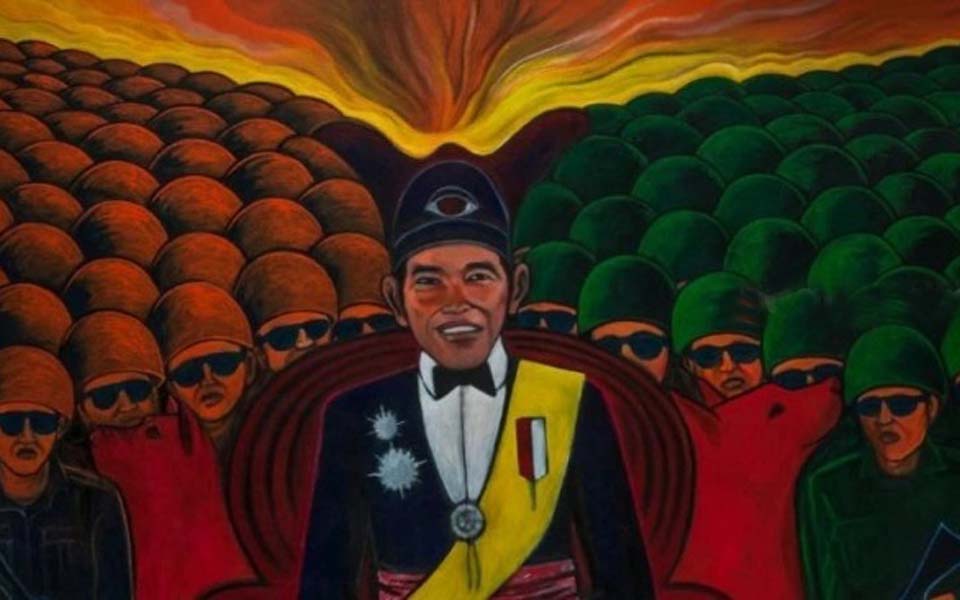Jakarta – Southeast Asia Freedom of Expression Network (Safenet) Executive Director Damar Juniarto has revealed that digital attacks, primarily against activists, increased on 2020-2021. This mostly happened when there was public opposition to certain government policies.
Based on Safenet's findings for this period, digital attacks ranged from doxing, hacking, Distributed Denial of Service or DDoS attacks to internet shutdowns.
"Over the last two years, 2020-2021, we recorded 147 digital attacks in 2020 and this increased in 2021, just as of November there were 159 incidents of digital attacks", said Juniarto during a virtual discussion on Thursday December 9.
Not to be left behind, there were also efforts at criminalising activists and civil society through the Information and Electronic Transaction Law (ITE Law). According to data as of November 2021, Safenet recorded 32 cases of criminalisation of freedom of expression using the ITE Law.
Referring to the same data, more than 20 percent of these cases targeted activists. The remainder targeted academics, workers, journalists and victims and those assisting them or witnesses in sexual violence cases.
"It turns out that critical groups reported using the ITE Law were more than 50 percent out of the total number of cases recorded by Safenet", said Juniarto.
The majority of those submitting reports were public officials or senior officials in institutions. Public officials represented the highest percentage, namely 28 percent, following by senior officials in institutions, members of the police and the perpetrators of violence.
Juniarto also said that efforts at criminalisation in the social media sphere tended to happen when national issues sprang up such as opposition to the Draft Omnibus Law on Job Creation, the controversial nationalism or civil knowledge test (TWK) used to sack Corruption Eradication Commission (KPK) employees and the Draft Law on the Elimination of Sexual Violence (RUU PKS).
"Technological repression against civil society groups was very widespread when national issues sprang up. The pattern was the same, when there was lively opposition to government policies the level of digital attacks was high", said Juniarto.
Juniarto also said that it is predicted that the doxing of civil society groups and even journalists will become more widespread in 2022. Doxing attacks are more measured, coordinated and massive on social media.
It is because of this that efforts to suppress freedom of expression on social media in the form of doxing will be even more widespread next year.
"The types of doxing which have occurred recently have been massive and coordinated. This is not people having fun but in fact people who work to hurt others and then spread their private data on social media", he said. (mln/bmw)
[Translated by James Balowski. The original title of the article was "Safenet: Serangan Digital Naik saat Kebijakan Pemerintah Ramai Ditolak".]






